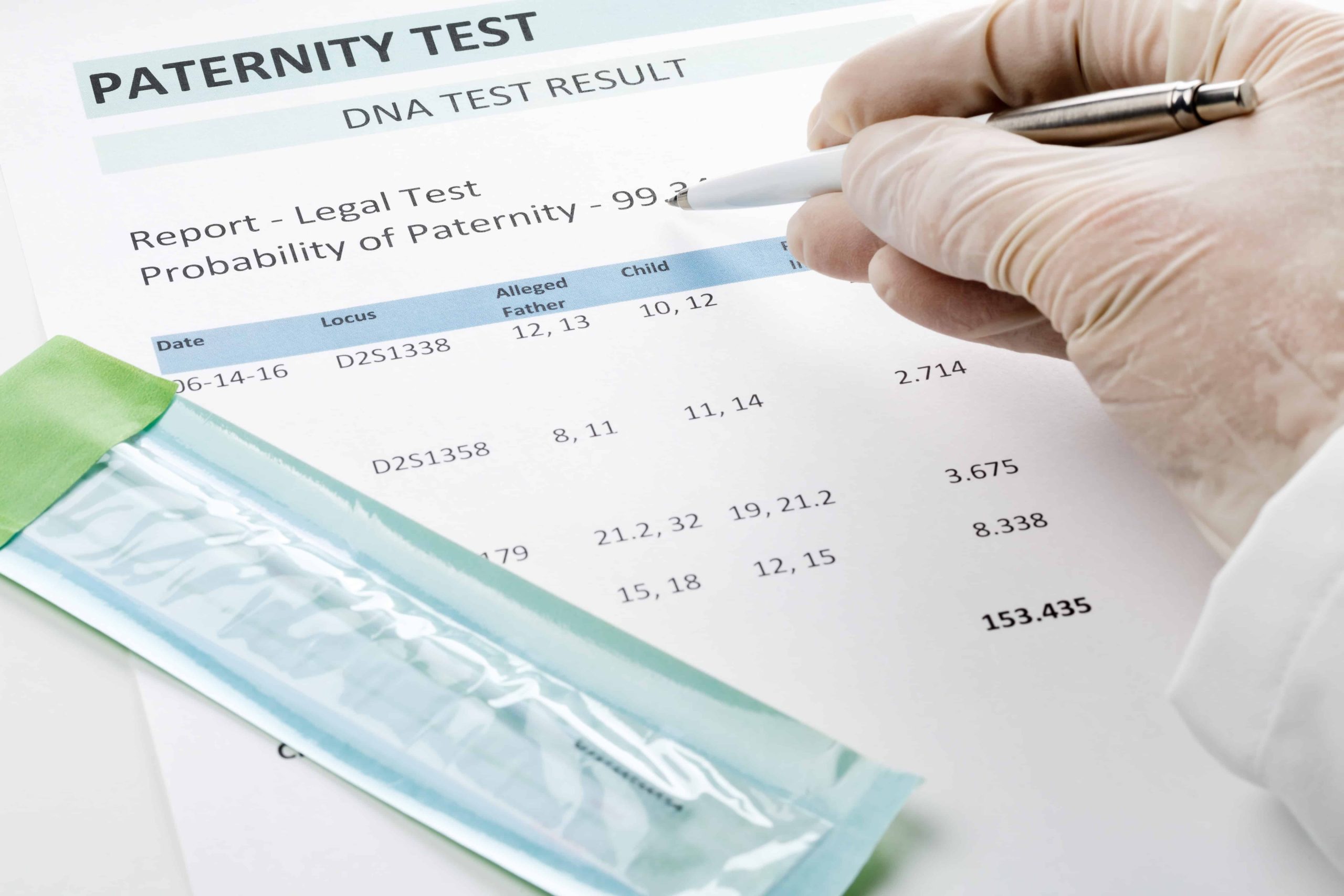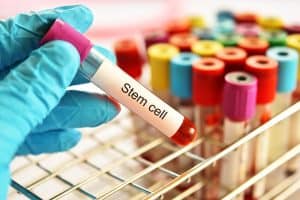Multiple studies reveal the inherent nature of DNA tests offering a firsthand answer to genetic queries. It has since become the gold standard for solving paternity disputes and related issues. Ancestry DNA testing has the ability to bring forth the true nature of your genetic makeup. Hence, it is better suited to any other tests in the row, in terms of reliability. A paternity test determines whether an individual is the father to a particular child. A few decades ago, paternity verdicts were primarily based on circumstantial evidence and testimony followed by a string of blood examinations. While some of these methods served the purpose right, one couldn’t possibly turn a blind eye to its shortcomings. Firstly, personal testimony relied upon an individual’s sense of judgment, often clouded by feelings, emotions, and circumstances. For blood tests, the blood type of the child and man in question showed marked inconsistencies, which never gave way to rule out paternity for sure. Reportedly, a minimum of 5 percent and at the max 50 percent of men carry the same blood type, which can show consistency to establish the paternity for a child. When you put such data against a DNA test, it effectively rules out 99.9999% individuals, which makes it trustworthy and highly accurate. Here’s a look at five reasons why people might want to consider taking a paternity test.
To bring peace of mind
Bringing a child into this world is perhaps the most beautiful thing. It’s also immensely personal for an individual to know he is father to a child. Such a feeling naturally carries a lifelong influence-One is on the verge of deciding to commit towards his duties and responsibilities as a father or entirely back out. On the other end, it’s equally troubling for a woman to know and confirm the identity of her child’s father, which can affect her psyche in the long run. Both ways, it affects deeply across all facets of life – relationships, finances, marriage, and overall well being. Not being able to confirm the identity of a child’s father further leads to turmoil, confusion, and useless conflict that leads nowhere. Paternity tests are a sure-fire way to put an end to all trouble. They are quick and available locally and don’t cause inconvenience of any kind. These days, one can order a DNA test online from companies like MyHeritage. Before you do so, you might as well check the reviews of MyHeritage to help understand the process and what all you can expect from the test.
To help establish parenthood, legally
In certain places, it is required that an individual agrees to undergo a paternity test before his name gets listed as a father to the child on a birth certificate. Especially when the couple is unmarried, the establishment of parenthood affects a string of legal implications, in the long run, namely determining child custody and visitation rights and obligation to support.
To obtain custody of your child
Any individual seeking child custody can move the court and establish paternity via DNA testing. Alternately, the court itself may issue an order for a paternity test in certain cases where a woman fails to confirm the identity of the father and does not wish to share custody at all. In such a scenario, only a DNA paternity test can help establish the facts right and confirm the identity of the individual as the father to the child.
To procure child support
In case of a marital dispute, the wife often looks to obtain child support from the father. The court mostly agrees to such a plea and requests for a paternity test for an individual. As such, the final determination of child support depends on the results of the DNA paternity test, which gains ground when no other form of formal evidence is available, and one version of the story is up against another.
To help support immigration queries
Any child, who has either one parent as a native of a country, stands eligible for citizenship, subject to some restrictions. If the man is of a different nationality, he can apply for citizenship through the embassy or the consulate located in the other country. It calls for producing evidence like birth certificates and relationship evidence to his child, which is a necessary part of the citizenship evaluation process. As such, the supervising board on finding the evidence at hand insufficient may request the person to undergo a paternity test to confirm his fatherhood. This, in turn, shall unambiguously prove his blood relation with his child. Usually, the blood sample is collected through designated centers, as mentioned by the embassy and securely transmitted to a facility within the country. Upon determination of paternity, one can be granted citizenship from being an immigrant without any further restrictions, other than the normal ones.
DNA is the elixir of your existence. When you talk family and want to trace back the root of your legacy, a DNS test emerges a powerful tool to answer all your queries. It’s interesting to note that we humans inherit our DNA in a unique manner-half from the father’s side and the other half from our mothers. It’s amazing how even our siblings have no chance of replicating our DNA, and any test won’t produce similar results. Two sisters, 2nd cousins, worked on rumors about how their grandmother never provided the details of their grandfather. They were curious whether their DNA had the answer to their questions. They went ahead with a DNA test, and the results concluded how both the sisters had the same grandfather. In other words, the test results reconfirmed them being 2nd cousins and also shunned out all rumors for good.



